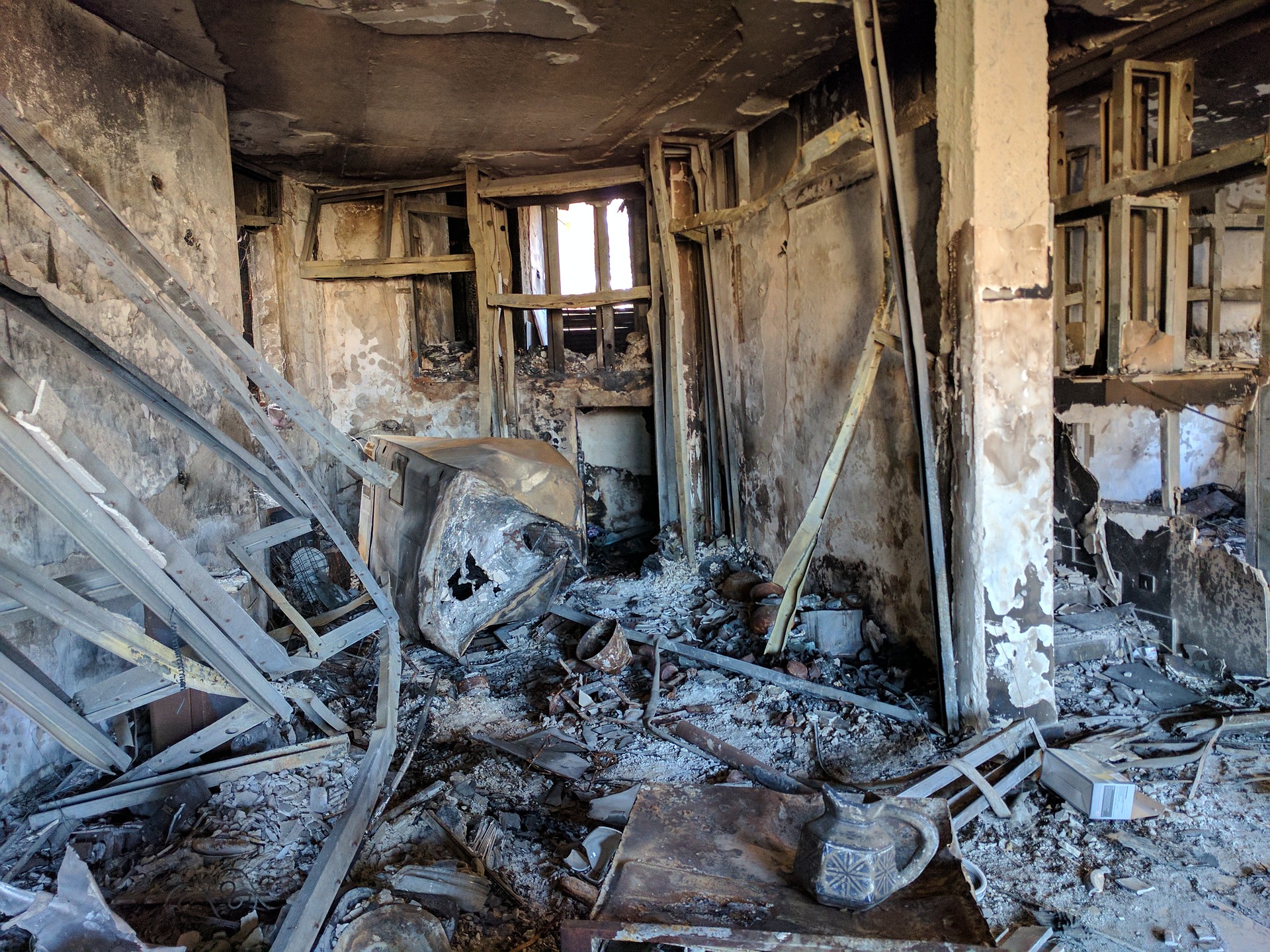Legal Considerations: Disclosures and Responsibilities When Selling a Fire-Damaged Home

Selling a fire-damaged home comes with legal responsibilities and disclosures that both homeowners and real estate professionals must adhere to. Understanding these obligations is essential to ensure a transparent and legally compliant sale. When in need to sell my fire damaged house, most states require that you disclose that the property has been damaged by fire. Failure to do so could result in legal consequences, such as fines or even lawsuits. In this article, we’ll explore the legal considerations, disclosures, and responsibilities when selling a fire-damaged home.
State and Local Laws
 Laws and regulations related to selling fire-damaged homes can vary by state and locality. It’s crucial to consult with a legal professional or real estate expert knowledgeable about your specific jurisdiction’s requirements. Some states may have strict disclosure laws, while others require less detail. Additionally, some states may have particular requirements for obtaining permits and completing repairs before listing a fire-damaged home on the market.
Laws and regulations related to selling fire-damaged homes can vary by state and locality. It’s crucial to consult with a legal professional or real estate expert knowledgeable about your specific jurisdiction’s requirements. Some states may have strict disclosure laws, while others require less detail. Additionally, some states may have particular requirements for obtaining permits and completing repairs before listing a fire-damaged home on the market.
Full Disclosure
One of the fundamental legal responsibilities when selling a fire-damaged home is full disclosure. Sellers are typically obligated to provide potential buyers with a comprehensive account of the fire incident and its impact on the property. This disclosure should include:
- The Extent of Damage: Clearly describe the extent of the fire damage, including any structural damage, smoke and soot residue, and water damage.
- Repairs and Restoration: Detail the repairs and restoration work done and any remaining work that needs to be completed before the property is considered safe and habitable.
- Insurance Claims: If the property has been covered by insurance, disclose the insurance claim details, including the extent of coverage and repairs paid for or reimbursed.
- Inspection Reports: Provide any inspection reports conducted by professionals who assess the property’s damage, structural integrity, and safety.
Liability and Risk Mitigation
Sellers should also be aware of potential liability when selling a fire-damaged home. By disclosing all known issues and providing transparent information, you can help mitigate the risk of future legal disputes. This safeguards the buyer’s interests and protects the seller from potential liability. Also, sellers can consider obtaining seller’s disclosure insurance to protect themselves from possible future claims.

Professional Guidance
To ensure that you comply with all legal obligations when selling a fire-damaged home, consider enlisting the services of professionals who are experienced in this area:
- Real Estate Agent: Work with a real estate agent with experience selling fire-damaged properties. They can guide you through the legal requirements and help you navigate the complexities of the real estate market.
- Real Estate Attorney: Consult with a real estate attorney specializing in your jurisdiction’s laws. They can offer valuable legal advice and ensure you meet all the necessary disclosure requirements.
Legal Protections for Buyers
Buyers of fire-damaged homes also have legal protections. Many jurisdictions have laws in place to safeguard buyers from undisclosed defects or issues with a property. These laws may allow buyers to renegotiate or cancel the sale if undisclosed issues are discovered after the transaction has begun.
In Conclusion
Selling a fire-damaged home involves addressing the physical damage and fulfilling legal obligations. Full disclosure and transparency are vital to protecting both sellers and buyers. By adhering to legal requirements, consulting with professionals, and understanding local laws, you can navigate the sale of your fire-damaged home legally and responsibly. Remember, regarding legal considerations in real estate, knowledge, and transparency are your best allies.
